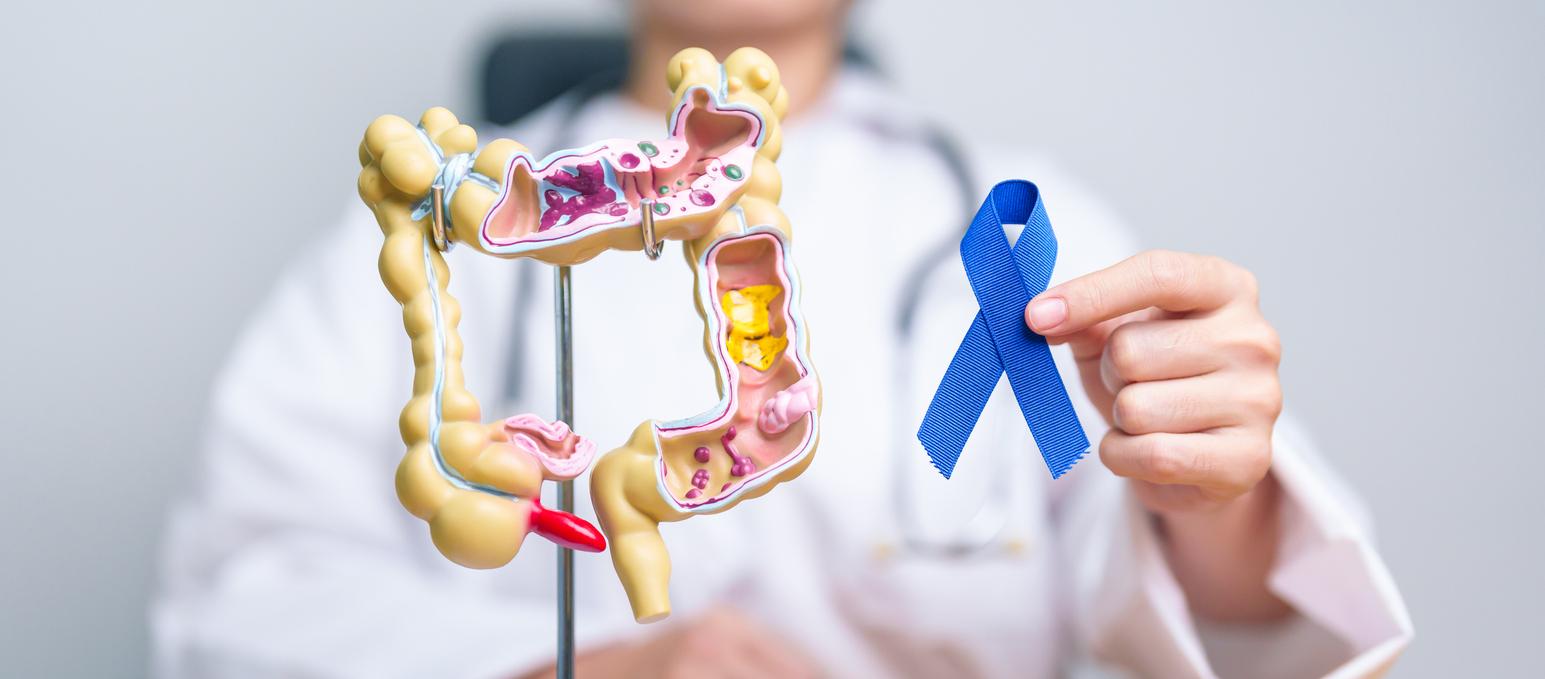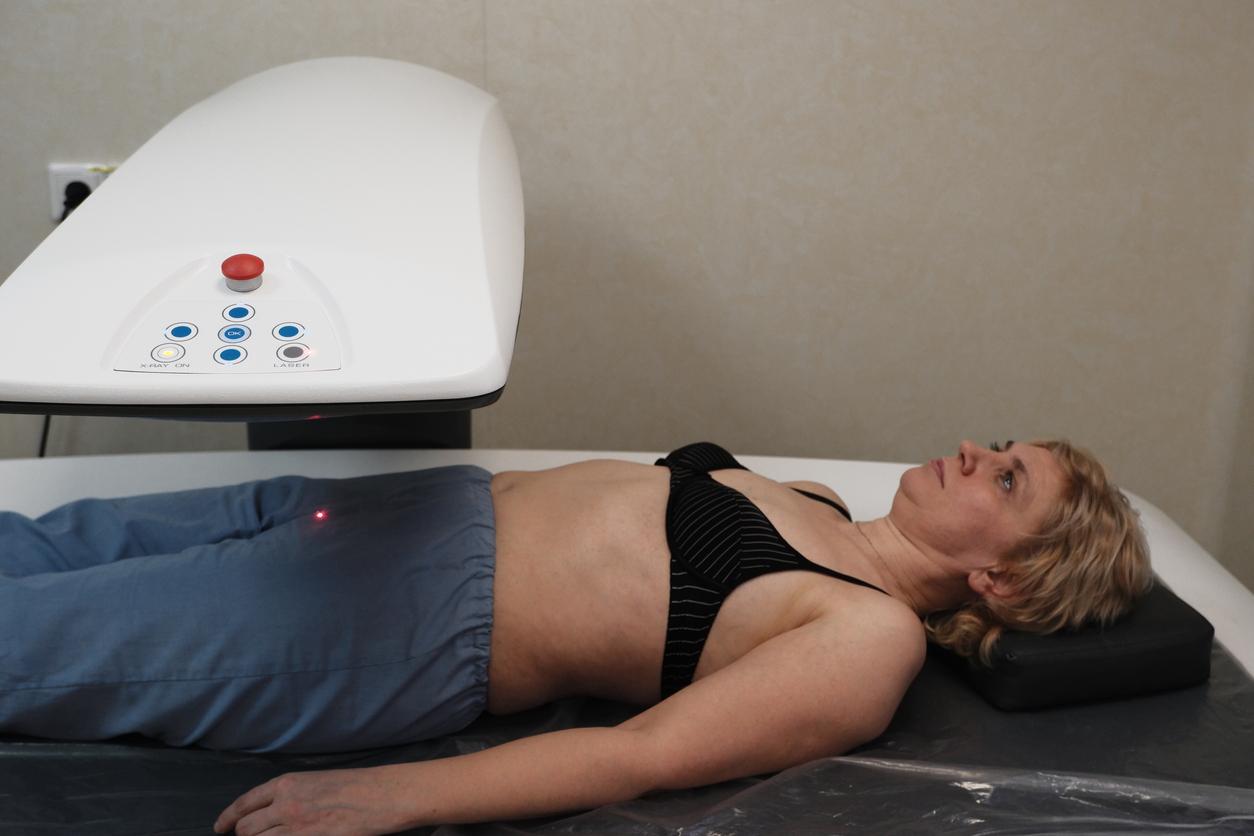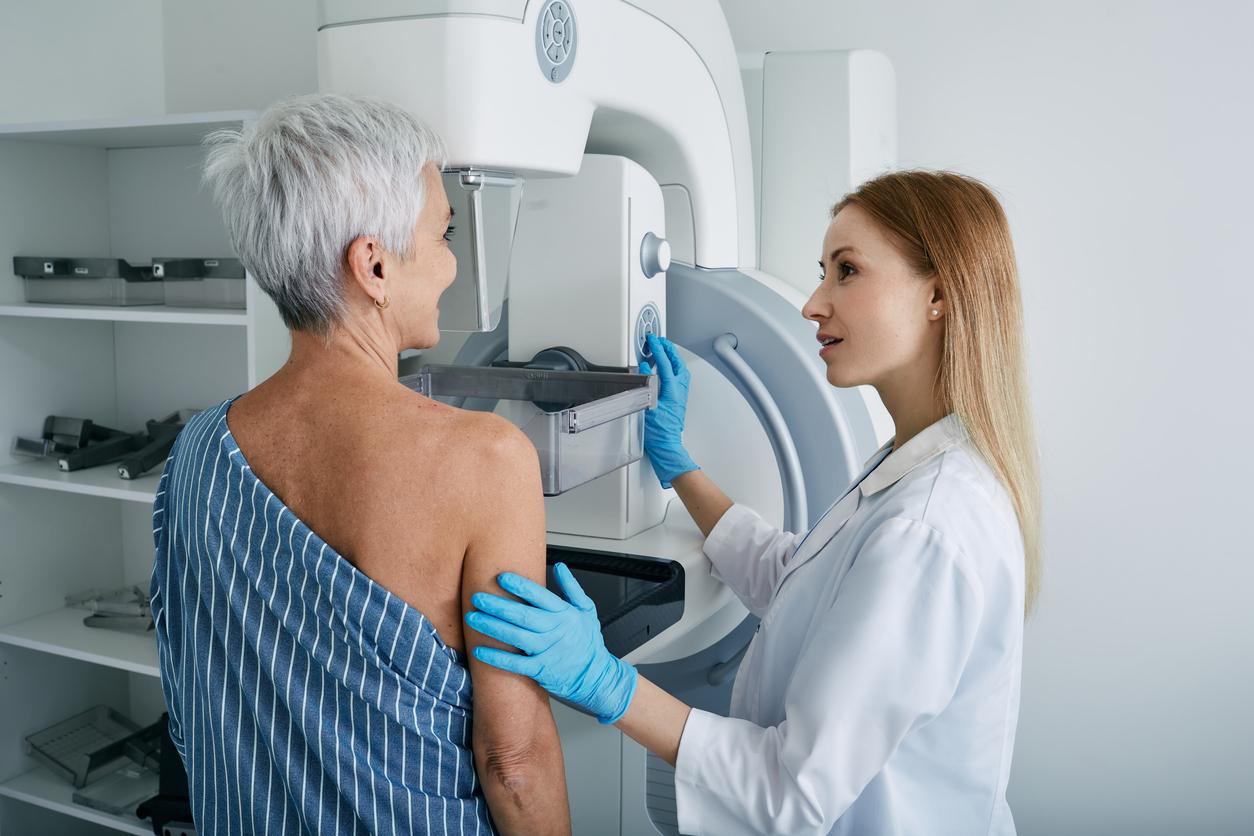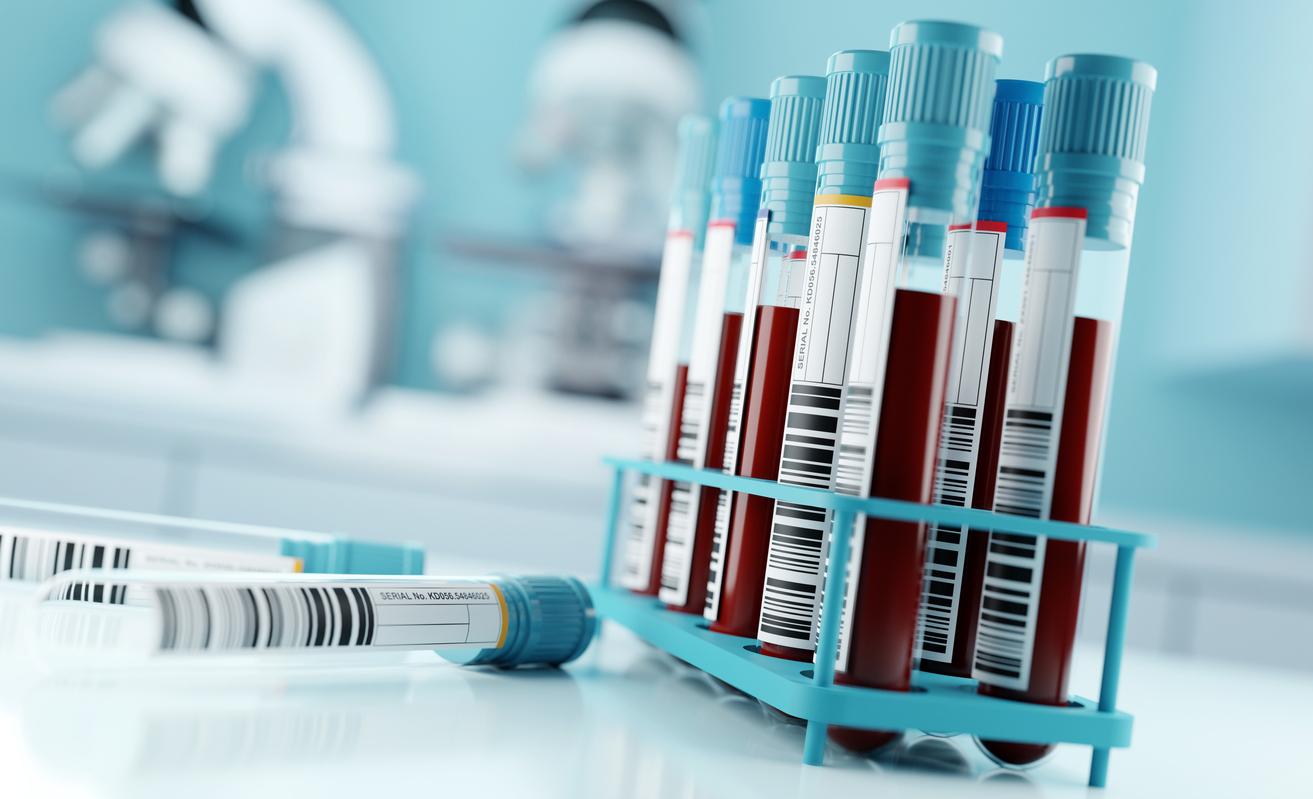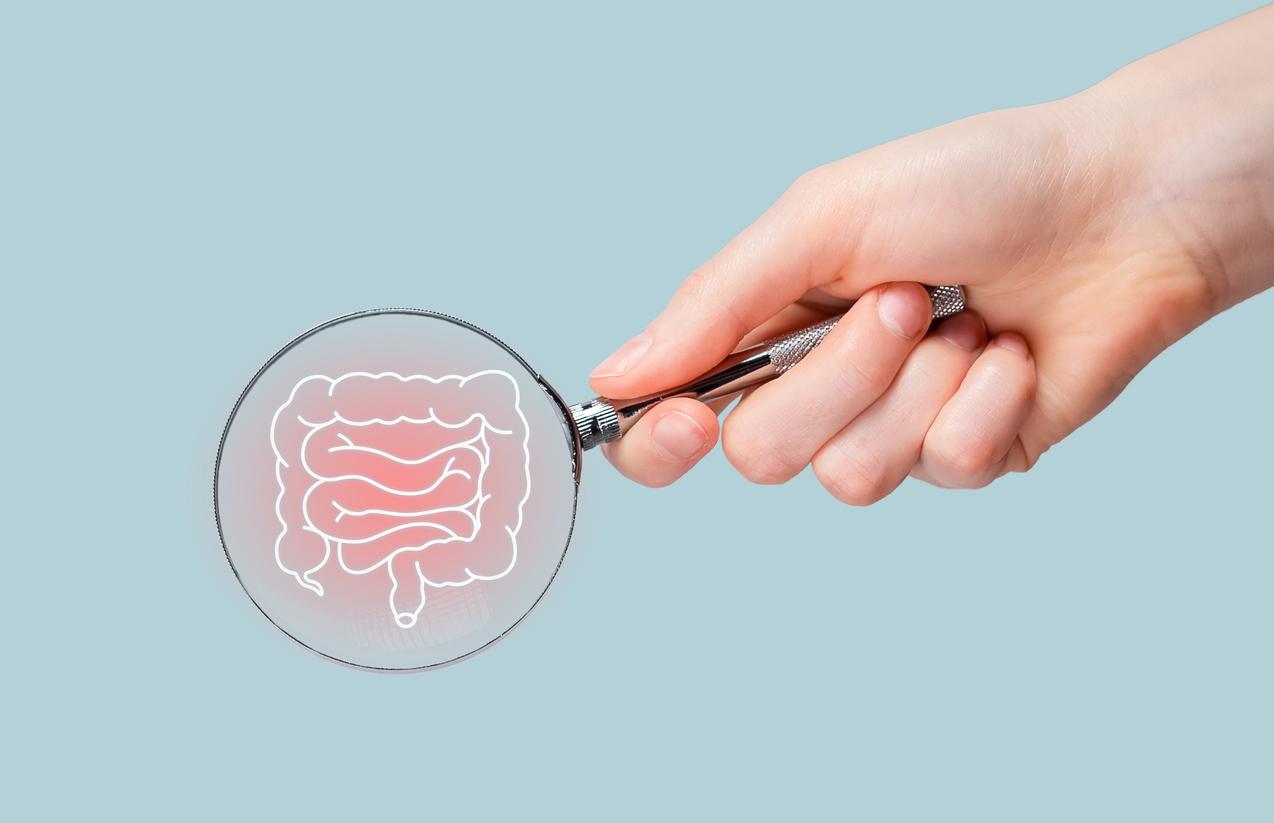Thursday, May 28, an order and a decree specifying the conditions for reimbursement of serological tests to detect the coronavirus appeared in the Official Journal. Why Doctor tells you more.

- The reimbursement of serological tests only applies to products on the market already approved by the CNR.
- They include the ELISA or TDR tests.
- Coverage concerns medical personnel, vulnerable people and those for whom the doctor has prescribed one of these tests.
This is news that should delight the French. While many citizens who fell ill during confinement are trying to find out if they have contracted Covid, most of them were held back by the price of serological tests, the prices of which vary between 25 and 45 euros depending on the laboratory, and were not reimbursed. From now on, certain tests validated last week by the National Reference Center (Institut Pasteur) will be fully covered by Health Insurance, subject to conditions. Thursday, May 28, an order and decree specifying the latter appeared in the Official newspaper. It comes into effect immediately. Why Doctor tells you more.
100% reimbursement is particularly effective for “health personnel or who work in a medical or medico-social structure, taking into account the particular exposure to the virus which may have been theirs and the fact that they intervene in contact with fragile people, explains the Ministry of Health. The new decree “also provides for full coverage by compulsory health insurance of the follow-up consultation of vulnerable people in the face of the Covid-19 epidemic carried out at the end of the confinement period, of the consultation carried out following the positive screening of the insured person infected with covid-19 and the “contact tracing” consultation as well as the serological test for antibodies to the SARS-CoV-2 virus”, is it described in the Official newspaper. By “vulnerable people”, we must understand people likely to develop a serious form of Covid, such as the elderly or those suffering from underlying pathologies.
For other French people who would like to carry out a serological test, reimbursement now works for the following uses: “to confirm the fact that a person is infected, as soon as they present symptoms, but that a first test by RT-PCR turned out to be negative. Serological tests then intervene in addition to diagnosis “and” a posteriori, when the person no longer presents symptoms and has never tested positive by RT-PCR, to confirm that he has indeed been infected with the virus and thus allowing, for example, to avoid possible later complications”. A medical prescription is therefore necessary.
12.15 euros for an ELISA test and 9.45 euros for a TDR test
Finally, the reimbursement of these tests only applies to products on the market already approved by the CNR, the list of which appears on the website of the Ministry of Health. This covers two categories of blood diagnostic tests. Those known as “automated ELISA” are carried out in a medical biology analysis laboratory following a blood test and their results are known in a few hours. Those called “rapid” diagnosis or TDR analyze a drop of blood taken from the fingertip and deliver their results in a few minutes.
The reference prices set for the reimbursement of the act of carrying out a serological test are €12.15 for an ELISA test and €9.45 for an RDT. This support will be full until June 21. From there, you will have to tick a certain number of additional traceability criteria to continue to benefit from it. The goal is to follow the evolution of the epidemic as well as possible.
This support will be carried out at 100% until June 21, the date from which it will be necessary to tick a certain number of additional traceability criteria, essential for the monitoring and management of the epidemic, to continue to benefit from it. . On May 20, when it issued an opinion in favor of inclusion for reimbursement of certain serological screening tests for Covid, HAS recommended in particular that the results of these tests be included in the SIDEP database (integrated screening service and prevention), in the same way as those of virological tests, “this is to ensure their traceability and better management of the epidemic”. This database should make it possible to collect analyzes from public and private laboratories.
The HAS was initially skeptical about serological tests for the general public
Until now, only virological tests (RT-PCR) were reimbursed by health insurance. This examination consists of a nasopharyngeal swab. The latter is done using a small swab inserted into the nose. This is a quick and non-invasive test. What’s more, the result is available in a few hours. But these tests have been accused of being unreliable and can only detect the virus when it is present.
Serological tests allow you to know if someone has had Covid-19, even if the person is no longer sick, by looking if they have developed antibodies. But even if the examination turns out to be positive, this by no means guarantees complete immunity against the disease. Antibodies must be present in sufficient quantity to prevent the virus from multiplying in the event of a new infection. These tests can take place from the 7th day following the onset of symptoms for hospitalized patients and from the 14th day for those without signs of seriousness, specifies the HAS, originally against the provision of serological tests to the general public.
“Misused, the tests could mislead patients about their immunity. A relaxation on barrier measures and social distancing could thus increase the risk of a new epidemic wave”, she explained to the Point. If she ended up changing her mind about serological tests to be carried out in the laboratory, she remains firmly opposed to self-tests, which patients could carry out themselves from home. “The experts highlighted the absence to date of data on the reliability of the performance of Covid-19 self-tests on whole blood and in real conditions of use and the potential difficulties in reading and interpreting Covid-19 self-tests., she explains on her website. Furthermore, “there is no traceability of the results obtained by self-tests”.

.








